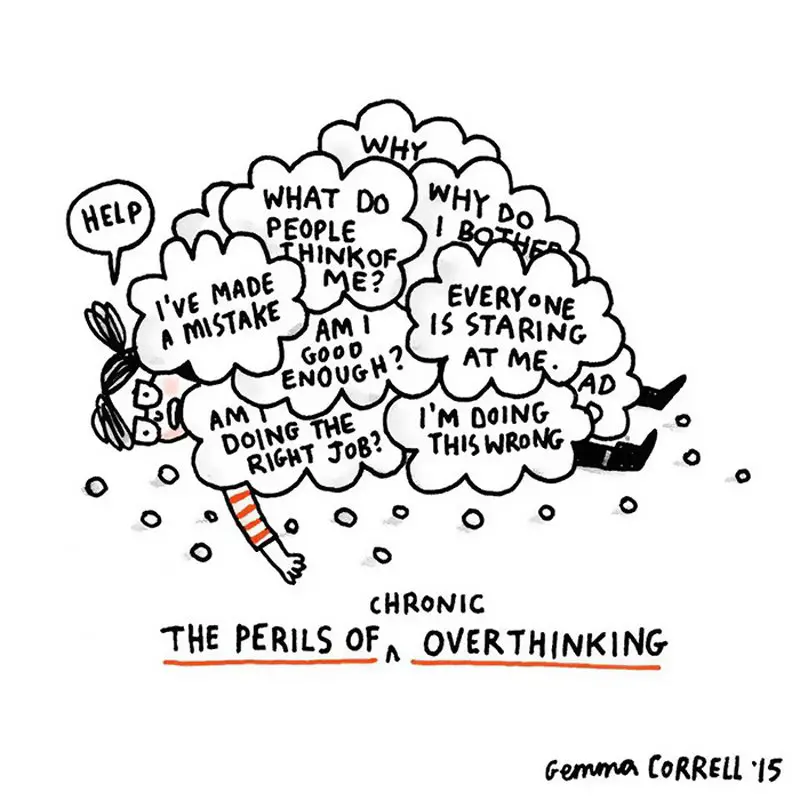


Some possible medical complications of long-term anxiety include: Some of the most common anxiety disorders are: These feelings can be too much to deal with. Constant and overwhelming anxiety can make you avoid work, school, family get-togethers, and other social situations that might trigger or worsen your symptoms. This is usually referred to as an anxiety disorder.Īnxiety disorders are a group of mental illnesses that cause persons to feel anxious and fearful almost constantly. Intensely or obsessively avoiding feared objects or places.Thinking about a problem over and over again without being able to stop (rumination).You may sometimes feel like you’re choking or having a heart attack Breathing faster and more quickly than normal (hyperventilation).Hands or feet that feel cold, sweaty, numb or tingly.Signs and symptoms will depend on the type of anxiety disorder you have but common symptoms include: However, if these become severe and / or begin to affect your life, you should consult your doctor or a mental health professional. Emotional trauma such as the death of a loved oneĪn increase in heart rate, faster breathing, sweaty palms and feet, nausea and butterflies in your stomach are all physical signs that you are feeling anxious.Unpredictable or uncertain world events, like a pandemic.Stress in a personal relationship such as marriage.High levels of anxiety over a long period or extreme levels of anxiety can affect your physical and mental wellbeing.Ī number of things that can cause you to feel anxious. In small doses, anxiety can provide the extra mental drive needed to weigh up risks and think through choices. This is your body preparing you to face an intense situation.Įveryone can have feelings of anxiety at some time in their life.Īnxiety, like stress, can be both good and bad. When you feel anxious, your breathing and heart rate increase, concentrating blood flow to your brain.

These feelings can be mild, moderate or severe. It is a feeling of unease, similar to worry or fear, which can be helpful in some situations.įeelings of anxiety can alert us to dangers and help us prepare and pay attention, for example, before making an important decision, before taking a test or when faced with a difficult problem at work. Couva Hospital and Multi Training FacilityĪnxiety is a normal response to stress.


 0 kommentar(er)
0 kommentar(er)
